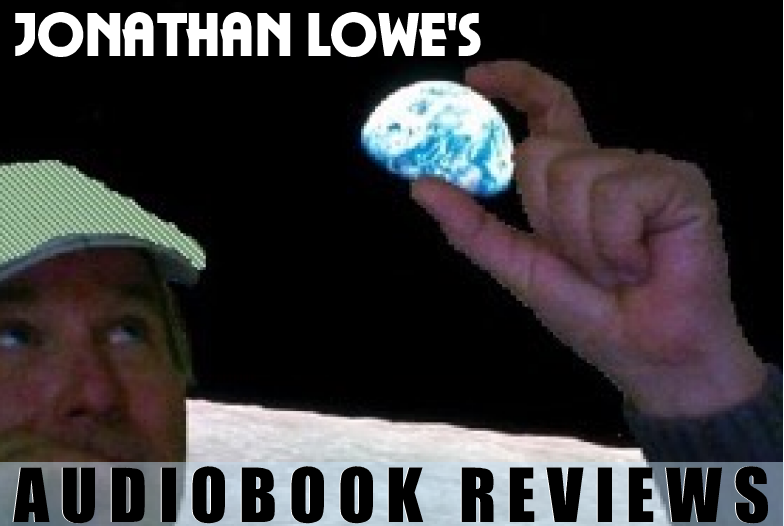A heartfelt comedy of manners, Diksha Basu’s debut novel THE WINDFALL unfolds the story of a family discovering what it means to “make it” in modern India. For the past thirty years, Mr. and Mrs. Jha’s lives have been defined by cramped spaces, cut corners, gossipy neighbors, and the small dramas of stolen yoga pants and stale marriages. They thought they’d settled comfortably into their golden years, pleased with their son’s acceptance into an American business school. But then Mr. Jha comes into an enormous and unexpected sum of money, and moves his wife from their housing complex in East Delhi to the super-rich side of town, where he becomes eager to fit in as a man of status: skinny ties, hired guards, shoe-polishing machines, and all. The move sets off a chain of events that rock their neighbors, their marriage, and their son, who is struggling to keep a lid on his romantic dilemmas and slipping grades, and brings unintended consequences, ultimately forcing the Jha family to reckon with what really matters. Brooklyn-based actress Soneela Nankani narrates. She is a voiceover artist and singer of Indian and Ghanaian descent who grew up traveling all over the world – to Ghana, India, Scotland, Thailand, Turkey, Morocco, South Africa, Spain, and the Czech Republic. She has a strong theatre background and has worked with Classical Theatre of Harlem, the Oregon Shakespeare Festival, Primary Stages, the Vineyard Playhouse and Kansas City Repertory Theatre, and Sojourn Theatre.
Jonathan Lowe: What was creating the characters of The Windfall on audio like for you, and what made the book special for you?
Nankani: “I truly enjoyed narrating The Windfall. It’s certainly one of the audiobooks I’m most proud of. The book really spoke to me as a story about the challenges of identity, transformation, duty and desire. And at the same time there is so much humor in it! Diksha Basu does an incredible job of balancing the two. In terms of how I work on character voices – I generally get a very clear image of the characters as I read. What makes them unique, what makes them tick. And I create voices from there. In this particular book there are a lot of characters! So I was very lucky to be working with a fantastic director, Paula Parker, who helped me find even greater specificity with which to imbue and distinguish the characters.”
Next, we know the iPhone as the device that transformed our world, changing everything from how we talk to each other and do business, to how we exercise, travel, shop, and watch TV. But packed within its slim profile is the fascinating, untold story of scientific, technological, and business breakthroughs—global in scope, sometimes centuries in the making, and coming from vastly different disciplines—that enabled Apple to create the most profitable product in history. For all the time we spend swiping, tapping, and staring at iPhones, you think there would be few things we didn’t know about these gadgets. But think again. THE ONE DEVICE is a Magic School Bus trip inside the iPhone—traveling into its guts, peeling back its layers, and launching explorations that take us to the driest place on earth and a Mongolian lake of toxic sludge, down the Silk Road, into 19th century photography, and all the way back to Cupertino, California, where members of the original design team reflect on the earth-shattering work they did. As multifaceted as the invention it follows, The One Device is a roving, wide-lens approach to tech history that engages the imagination as it explores the marvel of engineering that millions of us use each day. This big audiobook subtitled The Secret History of the iPhone, and is narrated with sustained engagement and interest by Tristan Morris.
Finally, POPULAR by Mitch Prinstein examines why popularity plays such a key role in our development and, ultimately, how it still influences our happiness and success today. In many ways—some even beyond our conscious awareness—those old dynamics of our youth continue to play out in every business meeting, every social gathering, in our personal relationships, and even how we raise our children. Our popularity even affects our DNA, our health, and our mortality in fascinating ways we never previously realized. More than childhood intelligence, family background, or prior psychological issues, research indicates that it’s how popular we were in our early years that predicts how successful and how happy we grow up to be. But it’s not always the conventionally popular people who fare the best, for the simple reason that there is more than one type of popularity—and many of us still long for the wrong one. As children, we strive to be likable, which can offer real benefits not only on the playground but throughout our lives. In adolescence, though, a new form of popularity emerges, and we suddenly begin to care about status, power, influence, and notoriety—research indicates that this type of popularity hurts us more than we realize. Realistically, we can’t ignore our natural human social impulses to be included and well-regarded by others, but we can learn how to manage those impulses in beneficial and gratifying ways. Popular relies on the latest research in psychology and neuroscience to help us make the wisest choices for ourselves and for our children, so we may all pursue more meaningful, satisfying, and rewarding relationships. Review: A must hear for anyone still trying to get over rejection at an early age by peers or parents. The author narrates in a friendly, believable style that doesn’t preach or sound like a lecture. He shows why money doesn’t equal happiness, and how our culture’s obsession with status harms everyone. Depression, and endless cycles of blame, result from bullying to protect one’s dominance in whatever group, from gangsters to cheerleaders. Prinstein defines how this proactive aggression plays out on social media, too. Yet only those whose goal is to acquire positive, life-affirming qualities achieve lifelong success. The difference is between judging and accepting (which means speaking out for those who are voiceless.) With high school perceptions affecting one’s life forever, including how one interprets future insults, it’s vital to understand the entire dynamic to avoid falling into the trap of chasing likes and fake friends as a substitute for happiness. Subtitle: THE POWER OF LIKABILITY IN A STATUS OBSESSED WORLD.
Other worthy good listens this month include FATA MORGANA by Steven R. Boyett, read by Ken Mitchroney; NO IS NOT ENOUGH by Naomi Klein, read by Brit Marling; YOU SHOULD HAVE LEFT by Daniel Kehlmann, read by Robertson Dean; and INTO THE GRAY ZONE by Adrian Owen, read by Steve West.


